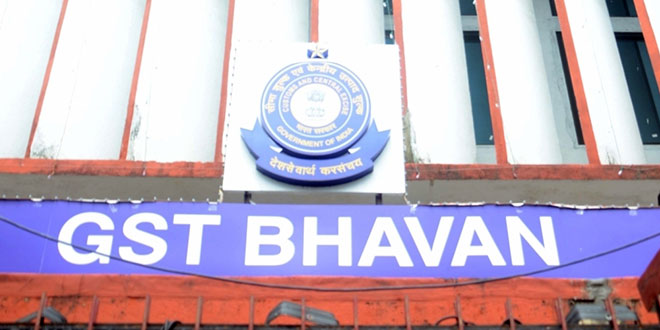Tax raids to be approved only by I-T top brass : Govt
The concerned officer may also inspect books of account or other documents as he may require and which may be available at such place.

New Delhi : In a major move to curb unauthorised income tax surveys and raids, the Centre has now come out with an order that only the Director General of Income Tax (Investigation) and the Chief Commissioner for Income Tax (TDS) can approve I-T raids.
In an order, the Central Board of Direct Taxes (CBDT) directed that the officers posted in Directorates of Investigation and Commissionerates of TDS, “only and exclusively” shall act as “income tax authority” for the purposes of power of survey under section 133A of the Income Tax Act.
“The competent authority for approval of such survey action u/s 133A of the Act shall henceforth be DGIT (Inv) for investigation wing and Pr. CCIT/CCIT (TDS) for TDS charges, as the case may be,” said the order.
It noted that the survey action under section 133A of the Act being an intrusive action, it is expected that the same should be carried out with utmost responsibility and accountability.
Under section 133A of the Income Tax Act, an income-tax officer or any authorised inspector of income tax can enter any place within the limits of the area assigned to him, or any place occupied by any person in respect of whom the income-tax officer exercises jurisdiction or at which a business or profession is carried on, for tax surveys and raids.
The concerned officer may also inspect books of account or other documents as he may require and which may be available at such place.
In another order CBDT has directed that all the assessment orders shall hereafter be passed by National e-Assessment Centre through the Faceless Assessment Scheme 2019. Any assessment order which is not in conformity shall be treated as “non-est” and shall be deemed to have never been passed.
Both the orders come into effect immediately. The developments come in the wake of the launch of the ‘Transparent Taxation’ platform which rolls out faceless assessment and appeals along with the taxpayers’ charter of rights.















